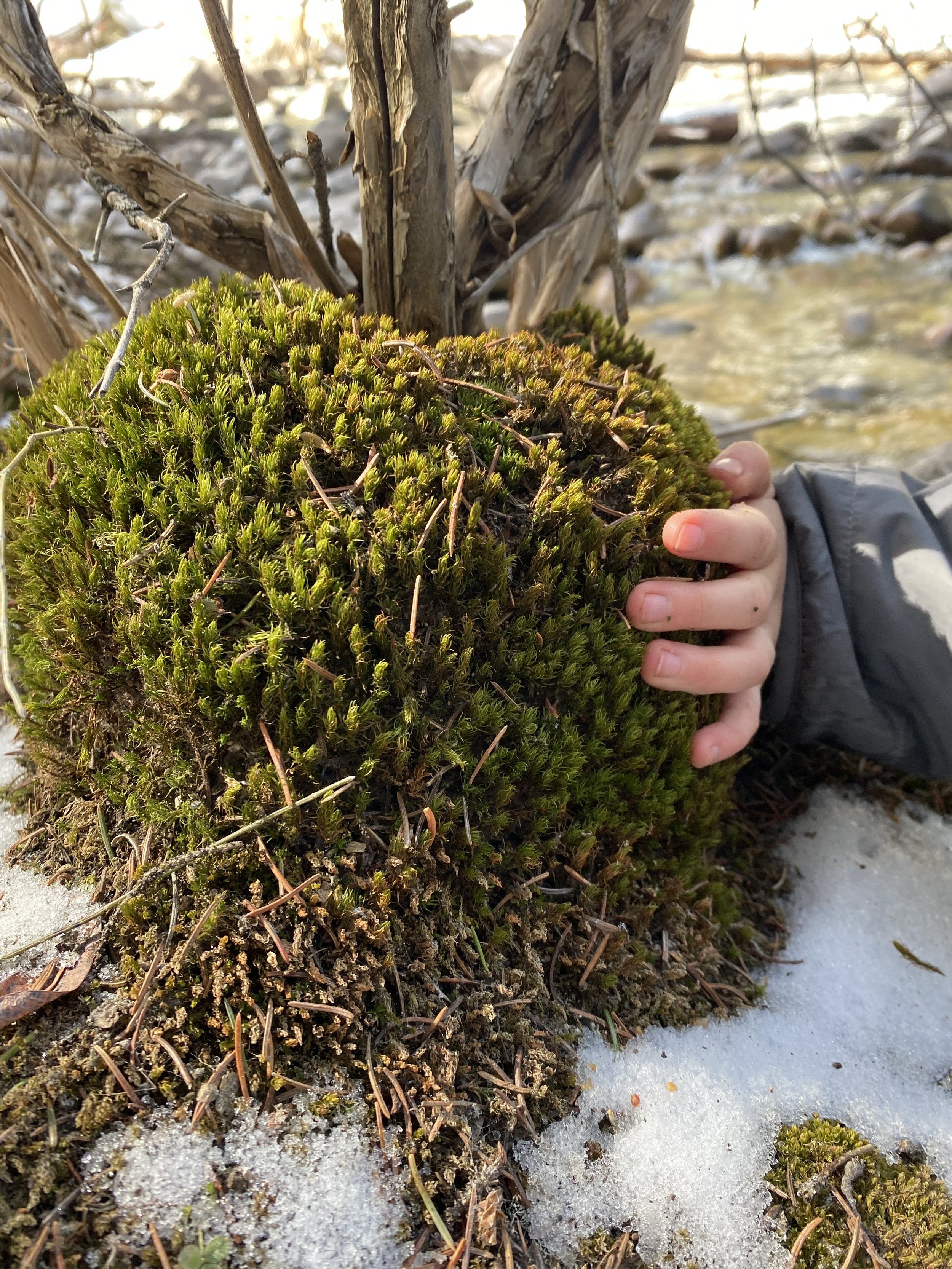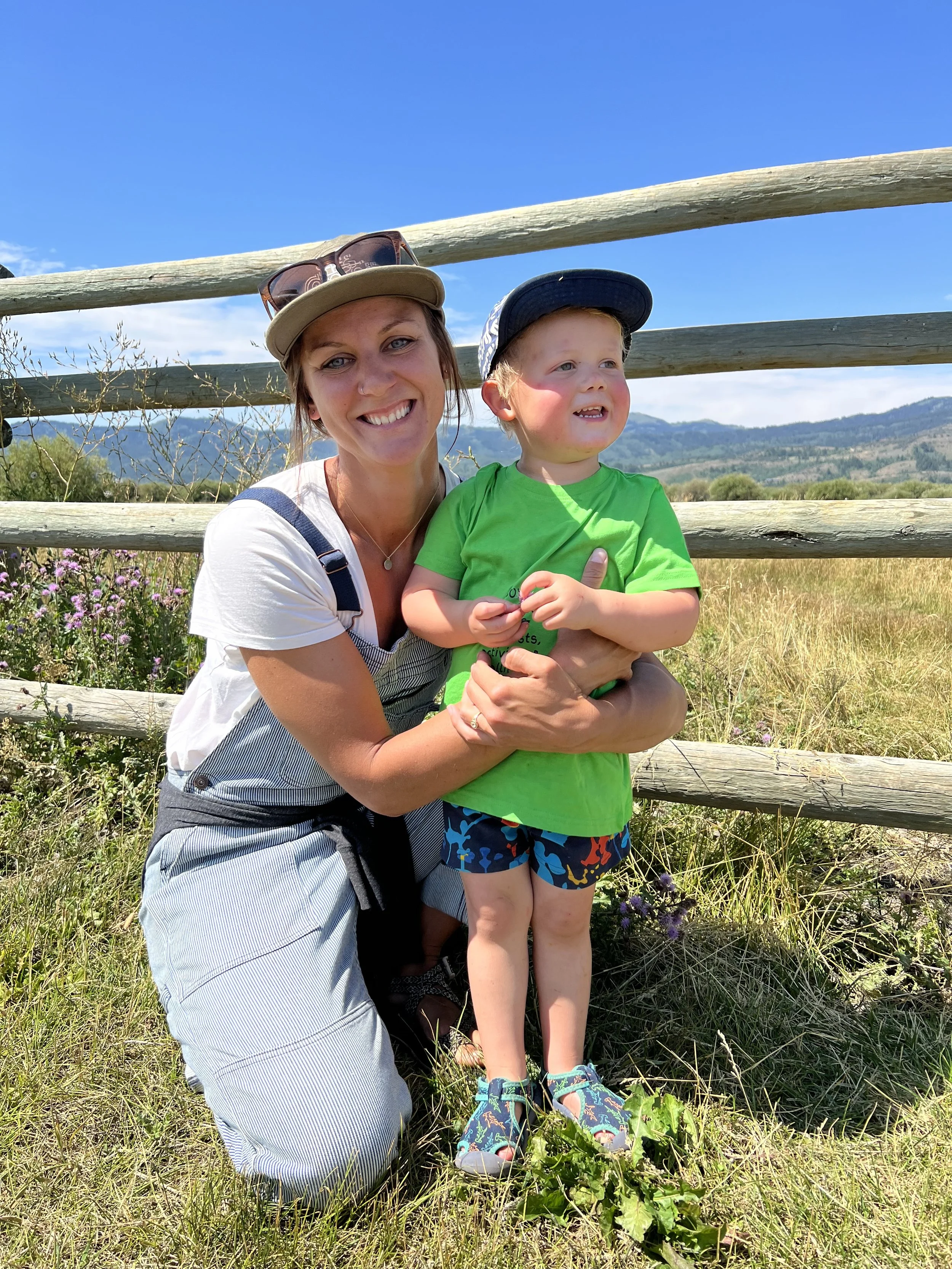
What is Forest School?
While many have never heard the term “Forest School,” it is a concept that has been around for ages. Originating in Europe, specifically Germany and Scandanavia, Forest Schools began to make their way to the United States back in the 1960’s.
Forest Schools are schools that are conducted outside the four walls of a classroom. Children and educators meet in forested areas or other natural settings such as fields and riversides. The concept has gained traction along with the importance of early childhood education and nature’s beneficial role in a child’s development. Many children and families struggle with the academic restraints seeping into our public school system. Forest School provides a unique environment for children to achieve essential early developmental milestones at their own pace depending on where their are individually. Children do not always need to be taught in order to learn.
Why Forest School?
The benefits of nature-based learning are abundant. Outdoor play not only challenges us physically but sparks curiosity and is therapeutic to the senses. Forest school prepares children for school years by strengthening skills in problem solving, innovation, resilience, self regulation, and risk-taking.
Benefits of Unstructured Play
-
Imagination.
Unstructured play gives children the opportunity to create stories and games using their interests to guide them. When given the chance to daydream, children imagine what they want to do and who they want to be. Since children are motivated most by things they love, this type of play is beneficial to creating a strong sense of self and understanding for the world around them.
-
Low Pressure.
When we are in a state of calm and comfort, we are given the freedom to create whatever we want. When children are in a low stress environment, they feel safe to take risks and push themselves in challenging ways.
-
Sensory Integration.
Imagine a child freely exploring a stream. They begin by hearing the sound of rushing water. When they see the babbling brook, they navigate rocky terrain, balancing and hopping over obstacles to make it to the stream. Once there, they dip their hands in the cold water and search for rocks of different shapes and sizes. In a matter of minutes, this child has honed in using keen elements of many different senses to explore their environment, strengthening their skills in observation.
-
Motor Development.
When a child plays freely, they gain curiosity about ways they can move and navigate through space. Climbing trees, walking along uneven ground, crawling under branches, reaching high to pick a leaf, and running through tall grass are just a few ways children strengthen muscles while exploring freely.
-
Social Skills.
Socializing with others is in our nature. Through working with others, children learn to problem solve, make plans, follow rules, and compromise. While socializing with their friends, children also gain knowledge in communication and linguistics. They learn about one another’s feelings and emotions and how to care for others. Building friendships is the first way we experience “community” and it’s importance in living a healthy life.
-
Resilience.
Through play children learn that things don’t always work out as planned. Sometimes the rock tower they’ve been tediously building topples over, or they have slipped and lost their balance while walking across a large log. Through these frustrations, children learn to persevere and adapt to changes as they come. Through unstructured play, they learn to stick it out and work through many emotions big and small.

“We must teach our children
To smell the earth
To taste the rain
To touch the wind
To see things grow
To hear the sun rise and night fall
To care”
-John Cleal
Meet the Director
Kimberly Paull
Early education has always been a passion of mine. I not only love to explore how my students learn, but who they are down to their roots. Building a career from degree in Child Development with a minor in Psychology, I’ve gained a wealth of knowledge when it comes to each child’s learning style, personality, temperament, and engagement.
After many years teaching in typical indoor classrooms, I am excited to start a new chapter out in the natural world. I am passionate about providing a stress-free and welcoming environment for children to feel strong, supported, and seen while utilizing one of life’s greatest classrooms—the outdoors. With my guidance, children are encouraged to take risks, ask questions, and observe their environment with wonder in order to gain skills that will last a lifetime.
